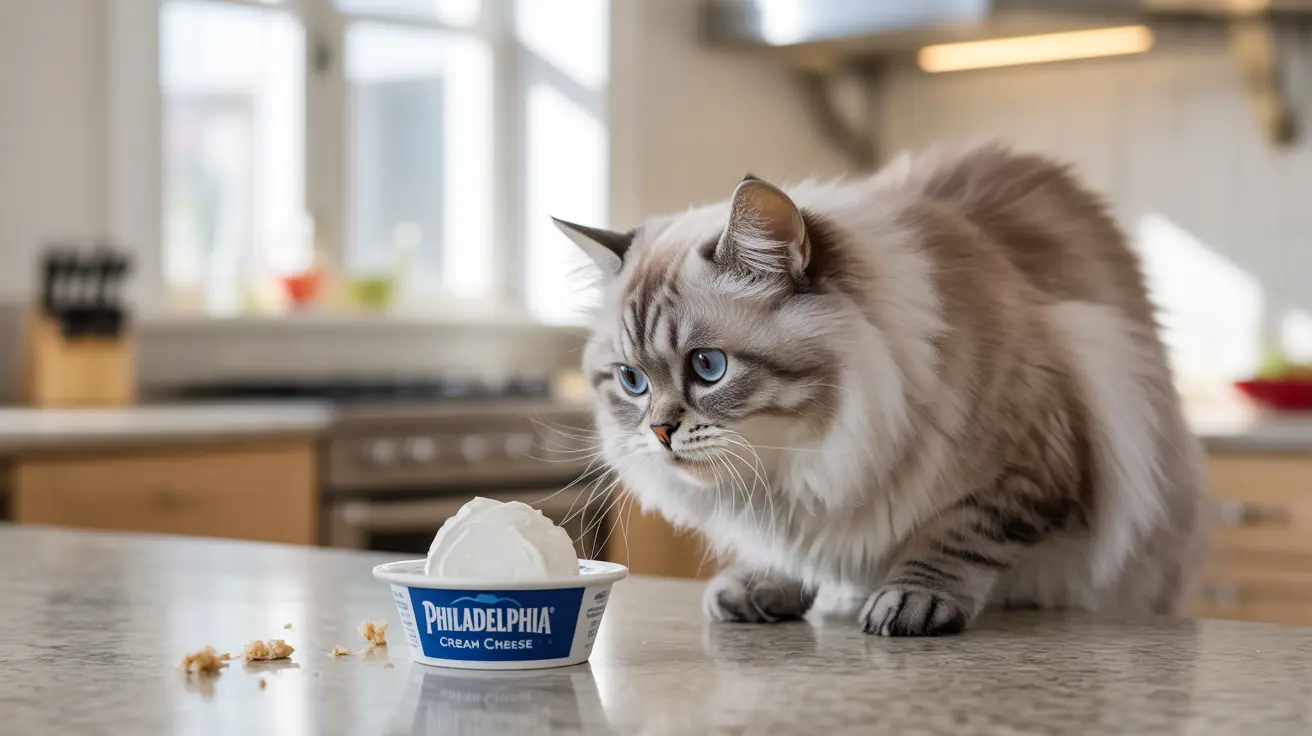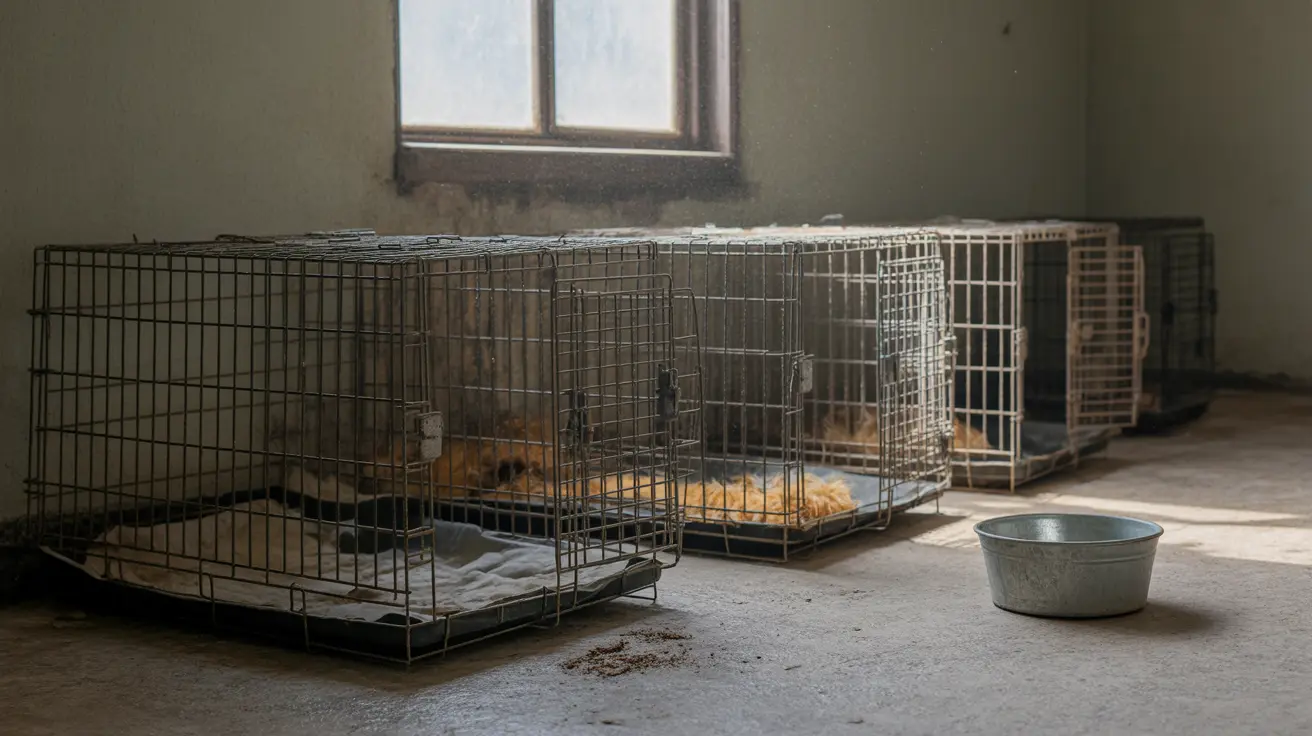If you've ever wondered whether it's safe to share cream cheese with your feline friend, you're not alone. While cats might show interest in this creamy dairy product, their digestive systems aren't typically equipped to handle it well. Let's explore the facts about cats and cream cheese to help you make informed decisions about your pet's diet.
Understanding the relationship between cats and dairy products is crucial for responsible pet ownership. While cream cheese isn't toxic to cats, several important factors make it a less-than-ideal treat choice for our feline companions.
The Truth About Cats and Dairy Products
Most adult cats are lactose intolerant, meaning they lack the enzyme lactase necessary to properly digest dairy products. While kittens can digest their mother's milk, they typically lose this ability after weaning. Cream cheese, despite having less lactose than regular milk, still contains enough to cause digestive issues in most cats.
Potential Health Risks of Feeding Cream Cheese to Cats
When cats consume cream cheese, they may experience several adverse reactions. The high fat content and lactose presence can lead to immediate and long-term health concerns:
Immediate Effects
- Diarrhea
- Vomiting
- Stomach upset
- Gas and bloating
Long-term Concerns
- Weight gain
- Obesity
- Diabetes risk
- Chronic digestive issues
Why Cats Are Attracted to Cream Cheese
Despite their inability to digest it properly, many cats show interest in cream cheese. This attraction stems from its high fat content and protein components, which naturally appeal to cats' hunting instincts. However, this natural attraction doesn't indicate that cream cheese is safe or appropriate for feline consumption.
Safe Alternatives to Cream Cheese
Instead of cream cheese, consider these healthier treat options for your cat:
- Commercial cat treats formulated for feline nutrition
- Small pieces of cooked, plain meat
- Cat-specific probiotics
- Freeze-dried meat treats
When to Contact Your Veterinarian
If your cat has consumed cream cheese and shows signs of distress, monitor them closely. Contact your veterinarian if you observe:
- Prolonged vomiting or diarrhea
- Lethargy
- Loss of appetite
- Signs of dehydration
Frequently Asked Questions
Can cats safely eat cream cheese, or does it harm their digestion?
While cream cheese isn't toxic to cats, it can harm their digestion due to lactose content and high fat levels. Most adult cats are lactose intolerant and should avoid cream cheese entirely.
What are the common signs that a cat is lactose intolerant after eating cream cheese?
Common signs include diarrhea, vomiting, stomach pain, bloating, and gas. These symptoms typically appear within 8-12 hours after consumption.
How much cream cheese, if any, is okay to give a cat without causing digestive problems?
While it's best to avoid cream cheese entirely, if you must offer it, limit it to a tiny amount (less than 1/4 teaspoon) very occasionally. However, many veterinarians recommend against offering any at all.
Are there any healthier or safer treat alternatives to cream cheese for cats?
Yes, there are many safer alternatives including commercial cat treats, small pieces of cooked plain meat, or specialized feline treats designed to meet their nutritional needs.
Why do some cats seem to crave cream cheese despite its risks?
Cats are attracted to the high fat content and protein components in cream cheese. This natural attraction is based on instinct rather than what's actually good for their health.
Conclusion
While cream cheese might seem like a harmless treat, it's best to err on the side of caution and avoid feeding it to your cat. Instead, focus on providing species-appropriate treats that support your cat's health and well-being. Always consult with your veterinarian about the best dietary choices for your specific pet.






